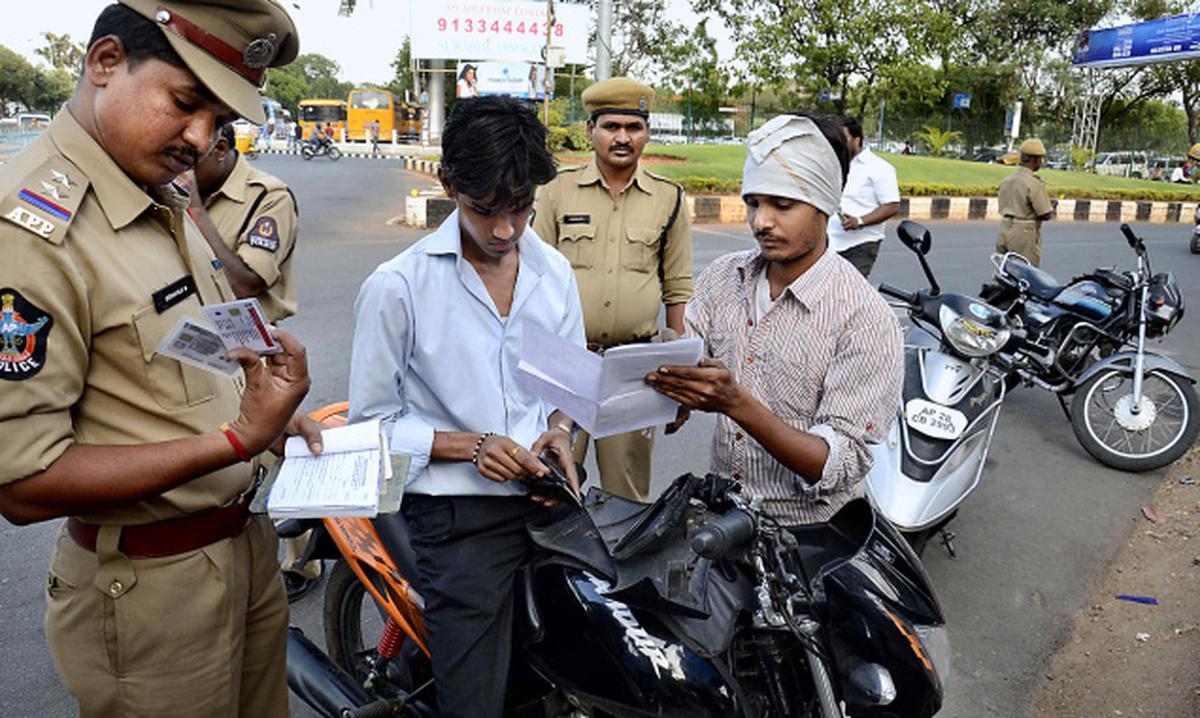
Challan
A challan is a formal document issued by government authorities or other entities to acknowledge payment or to demand payment of dues. It is commonly used in contexts such as traffic violations, tax payments, and court fees. The term “challan” can be seen in various forms depending on the purpose it serves.
Types of Challans in India
-
Traffic Challan:
- Purpose: Issued for violations of traffic rules and regulations.
- Issuing Authority: Traffic police or transport department.
- Details: Includes details of the violation, fine amount, vehicle registration number, and date of the offense.
- Payment: Can be paid online or at designated payment centers.
-
Tax Challan:
- Purpose: Used for paying various taxes, including income tax, GST (Goods and Services Tax), and other direct or indirect taxes.
- Issuing Authority: Tax authorities or government revenue departments.
- Details: Contains information about the taxpayer, tax amount, and relevant assessment year.
- Payment: Payment can be made through online portals or authorized banks.
-
Court Challan:
- Purpose: Used to pay court fees, fines, or penalties.
- Issuing Authority: Court or judicial system.
- Details: Includes case number, amount payable, and purpose of payment.
- Payment: Can be paid at the court's cash counter or online through designated systems.
-
Bank Challan:
- Purpose: Issued by banks for depositing fees, taxes, or other payments.
- Issuing Authority: Banks or financial institutions.
- Details: Contains details of the account holder, amount to be deposited, and transaction reference.
- Payment: Deposited at the bank counter or through online banking.
The Challan Process
-
Issuance:
- Challans are issued by the relevant authority or department based on the transaction or violation. The document contains essential details such as the amount due, reason for the payment, and personal or vehicle information.
-
Payment:
- Payments can be made online through government portals, banks, or at designated payment centers. For traffic challans, online payment systems and mobile apps are available for convenience.
-
Verification:
- Upon payment, a receipt or acknowledgment is issued as proof of payment. It is crucial to retain this receipt for future reference or in case of disputes.
-
Compliance:
- Ensure that payments are made within the stipulated time to avoid additional penalties or legal consequences. Regularly check for any outstanding challans or dues to stay compliant.
Key Considerations
-
Accuracy:
- Ensure that all details on the challan are accurate, including personal information and payment amounts. Errors can lead to delays or issues with payment processing.
-
Timeliness:
- Adhere to deadlines for payment to avoid additional fines or legal actions. For traffic violations, timely payment can prevent the accumulation of additional penalties.
-
Record Keeping:
- Maintain records of all challan payments and receipts. These records are essential for verifying payments and addressing any disputes that may arise.
-
Legal Advice:
- If you receive a challan for a legal issue or have difficulties with payment or compliance, seeking advice from legal professionals can provide guidance and support.
Conclusion
Challans play a crucial role in managing payments and compliance with various legal and administrative requirements in India. By understanding the different types of challans and the process involved, you can ensure timely and accurate payments, avoid penalties, and maintain compliance with relevant regulations.
We offer assistance with understanding and handling challans related to traffic violations, taxes, court fees, and other legal matters. Our experienced team is here to provide the support you need to navigate the challan process effectively and resolve any related issues.
Contact us today for expert advice and assistance with challan-related queries and ensure that you stay on top of your legal and financial obligations.





